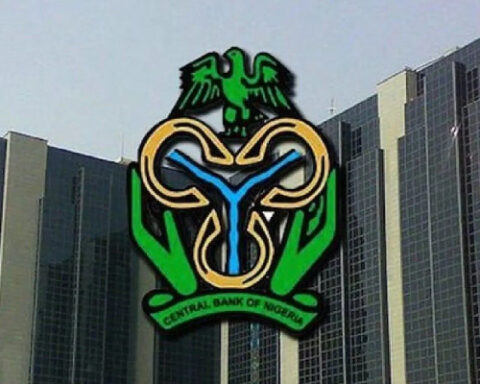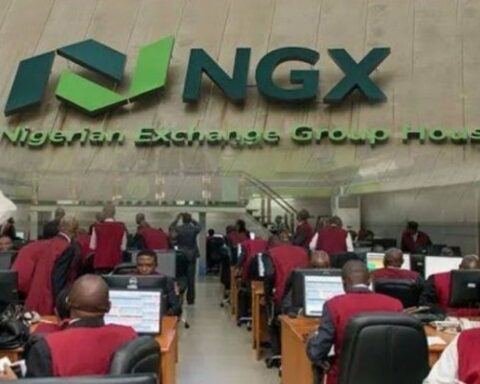By Ademola Tijani
The Vice President of Dangote Industries Limited, Devakumar V.G. Edwin, has voiced his frustration over the refusal of local marketers to purchase products from the Dangote Refinery.
He revealed these concerns during an online X (formerly Twitter) space hosted by a news platform, which was monitored by Daily Query. Despite the refinery’s efforts to provide affordable petroleum products, many Nigerian traders have chosen to bypass local purchases, instead continuing their practice of importing refined products from abroad.
Edwin used this platform to outline the original purpose of establishing the Dangote Refinery, which was to reduce Nigeria’s dependence on imported petroleum products. The refinery was envisioned as a key solution to the country’s long-standing reliance on foreign petroleum by utilizing local crude oil resources.
“The whole purpose of building this refinery in Nigeria was to make use of our local crude instead of exporting raw materials and then importing finished products,” Edwin explained.
He emphasized that the refinery was designed to refine and distribute products within the country and export any surplus, helping Nigeria strengthen its oil and gas sector.
However, despite the refinery’s massive production capacity, which is capable of producing up to 54 million liters of refined petroleum products per day, local marketers have only been purchasing a minuscule 3% of its output.
Edwin highlighted that this has forced the refinery to seek international buyers for the remaining 97% of its production, including essential products like diesel and jet fuel.
This move, Edwin lamented, runs contrary to the refinery’s original goal of meeting local demand and reducing Nigeria’s dependence on imports.
“I’m selling 2 to 3% to small traders who are willing to buy, while the remaining 95 to 97% I’m forced to export,” Edwin said, expressing his frustration at the lack of local market support.
He pointed out that certain marketers may be deliberately boycotting the refinery’s products, preferring to stick with the more expensive practice of importing refined petroleum from overseas. This boycott, according to Edwin, has put a strain on the refinery’s operations and disrupted its ability to function as originally intended.
The Vice President further disclosed that these marketers have even taken their complaints to President Bola Tinubu, accusing the refinery of destabilizing the market by lowering prices.
“They wrote to His Excellency, the president, claiming that we are disturbing the market by dropping our prices,” Edwin revealed.
He noted that in response to market trends, the refinery had reduced its prices twice to encourage sales, but this only seemed to heighten the resistance from local traders, who accused the refinery of undercutting the market.
As a result of this boycott, the refinery has been forced to focus on international markets, exporting most of its refined petroleum products.
Edwin reiterated that the Dangote Refinery has the capacity to meet Nigeria’s petroleum needs, stating that just 44% of its output would be sufficient to satisfy 100% of the country’s demand for refined products.
However, the lack of local crude oil supplies has created further complications. He explained that the refinery has been forced to rely on imported crude oil from countries such as the United States and Brazil, as local crude supplies have been inconsistent.
This has been exacerbated by international oil companies (IOCs) that prioritize foreign markets, selling crude oil to overseas buyers at significantly higher prices than what they offer to local buyers.
Despite these challenges, the Dangote Refinery remains a critical player in Nigeria’s energy sector. Since its commencement of operations in March, the refinery has begun supplying diesel and jet fuel, with the supply of premium motor spirit (PMS) expected to start in September.
However, these efforts have not been enough to curb Nigeria’s growing reliance on fuel imports. For instance, in the second quarter of 2024, petroleum imports made up 25% of the country’s total imports. In the first quarter of 2024 alone, Nigeria’s petrol import bill reached N2.6 trillion, and cumulatively, in the first half of the year, the country spent N5.8 trillion on petrol imports.
When compared to the same period in 2023, the increase is staggering. The petrol import bill for the first six months of 2023 stood at N3.1 trillion, meaning that in 2024, there has been an 87.09% increase, with the bill rising to N5.8 trillion in just six months.
This alarming trend further underscores the need for Nigeria to capitalize on local refining capacity, such as that provided by the Dangote Refinery, in order to reduce the economic burden of petrol imports and strengthen the country’s energy independence.
Despite these obstacles, Edwin assured the public that the refinery remains committed to its mission of supporting Nigeria’s local petroleum market and reducing the country’s dependence on imports. However, he also stressed the need for cooperation from local marketers to achieve this vision.



























